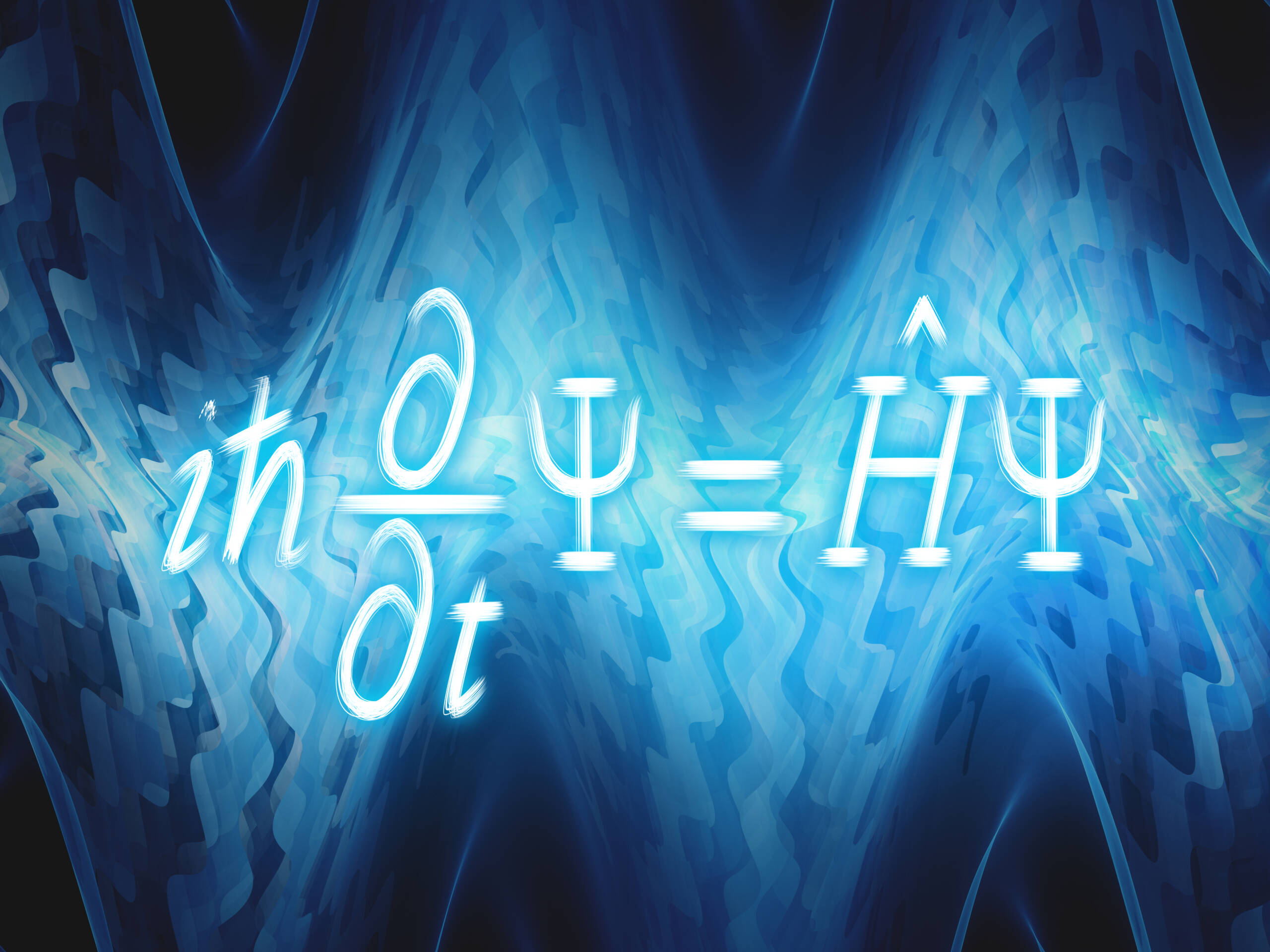DARWIN’S THEORY OF EVOLUTION IS INCONSISTENT WITH PHYSICS

DARWIN’S THEORY OF EVOLUTION IS INCONSISTENT WITH PHYSICS
Darwin, like Neo-Darwinists today, believed the entirety of creation, including all life and the creation of humans, occurred by the chance conglomeration of particles, which then became complex enough to be acted upon by random mutations. But is this plausible? Do physics, chemistry and mathematics support this hypothesis? From my perspective as a physician and lifelong study, I unequivocally say no. Similarly, a physicist with a mathematical perspective has interesting input on biological life that does not support Darwin’s theory. In 1944, Erwin Schrödinger gave lectures that were compiled into a book on topic of biological life, and despite being nearly 80 years old, is still worth reading today.
Erwin Schrödinger, the creator of Schrödinger’s equation—which is fundamental to quantum mechanics—published a book in 1944 entitled What is Life? & Mind and Matter (Cambridge, 1944). I will examine his book and focus on the chapters in which he discusses: 1) Physics and Biology, 2) Complexity of Molecules, 3) Randomness and lastly, 4) Entropy.
PHYSICS AND BIOLOGY
Chapter 1: “The Classical Physicist’s Approach to the Subject.”
Schrödinger asks the question, “How can the events in space and time which take place within the spatial boundary of a living organism be accounted for by physics and chemistry?”[1] His response was that physics and chemistry cannot.[2]
In an attempt to reassure his audience that he would not be using mathematical deductions in his lectures, Schrödinger makes a statement that is in direct opposition to Richard Dawkins, the celebrated atheist, who makes the following statement about biology and evolution, “Darwinism, unlike ‘Einsteinsim,’ seems to be regarded as fair game for critics with any degree of ignorance . . . [Darwinism] is indeed a remarkably simple theory . . .”[3] If the creation of life is that simple, then why are anatomy, physiology, molecular biology, molecular genetics and other sciences needed to understand the human body so extraordinarily complex?
Like most of us, Schrödinger takes a less simplistic view. He believes, “[The reason for not using mathematical deduction] was not that the subject was simple enough to be explained without mathematics, but rather that it was much too involved to be fully accessible to mathematics.”[4] Schrödinger and Dawkins’ perspectives could not be further apart on the spectrum of complexity. Something that is too complex for mathematics is rather frightening, not simple.
In 1944, well before Watson and Crick discover DNA, Schrödinger presciently writes that a chromosome is essentially an aperiodic crystal, whereas physics deals only with periodic crystals,[5] and therefore, we humans just may not have the knowledge to comprehend the complexity of the human brain. Schrödinger explains that, “the working of an organism requires exact physical laws.”[6] However, he states that subjective events, i.e. how we feel, think and perceive, is such a complicated process that, “it lies outside the range of natural science and very probably of human understanding altogether.”[7]
Let’s compare this to Richard Dawkins who amazingly has solved the mystery of life. In his book The Blind Watchmaker (Norton, 1996), Dawkins tells us what Schrödinger cannot. In Dawkins’ own words, “This book is written in the conviction that our own existence once presented the greatest of all mysteries, but that it is a mystery no longer because it is solved. Darwin and Wallace solved it . . .”[8] This is cringeworthy.
COMPLEXITY OF MOLECULES
Chapter 2: “The Hereditary Mechanism.”
Schrödinger views biology from a statistical perspective (as he does quantum physics.) He notes that having astronomically large numbers of atoms is requisite for proper functioning of physical laws—too few atoms and random events will make physical laws unpredictable. In this chapter Schrödinger presents a conundrum. [physical laws require large numbers of atoms, but molecular biology provides small numbers of atoms.]
Having just argued that huge numbers of atoms are required for physical laws, Schrödinger now notes that genes, which are about a million or a few million atoms are, “much too small . . . to entail an orderly and lawful behaviour according to statistical physics—and that means according to physics.”[9] This has profound implications for Schrödinger who uses proteins as an example of this conundrum (remember DNA was not yet discovered.) Schrödinger exclaims, “[A gene] is probably a large protein molecule, in which every atom, every radical, every heterocyclic ring plays an individual role, more or less different from that played by any of the other similar atoms, radicals, or rings.”[10]
Next, Schrödinger discusses hereditary mechanisms and notes, “But the term code-script is, of course, too narrow. The chromosome structures are at the same time instrumental in bringing about the development they foreshadow. They are law-code and executive power—or, to use another simile, they are architect’s plan and builder’s craft—in one.”[11]
Schrödinger observes that permanent hereditary changes occur within generations, not tens of thousands of years, and that these permanent changes are a result of two cells which unite to form the fertilized egg.[12] Schrödinger is impressed with biology and describes it as a biological marvel. He states, “That is a marvel—than which only one is greater; one that, if intimately connected with it, yet lies on a different plane. I mean the fact that we, whose total being is entirely based on a marvelous interplay of this very kind, yet possesses the power of acquiring considerable knowledge about it. I think it possible that this knowledge may advance to little short of a complete understanding—of the first marvel. The second may well be beyond human understanding.”[13]
Let’s compare Schrödinger’s view of biology with Richard Dawkins’ view. On page one of his book, The Blind Watchmaker (Norton, 1996) Dawkins emphatically states, “Biology is the study of complicate things that give the appearance of having been designed for a purpose.”[14] In other words, anyone who thinks life is complex is deluded. This is preposterous.
MUTATIONS
Chapter 3: “Mutations.”
Schrödinger makes the point, which is overlooked and incongruent with Darwin’s theory that, “In order to be suitable material for the work of natural selection, mutations must be rare events, as they actually are.”[15] But Darwinists ignore the nature of mutations—randomness. They then inappropriately equate natural selection with evolution. Take Darwin’s finches for example. Researchers observed that during a drought birds with smaller beaks could not eat the remaining food and birds with larger beaks were therefore selected; they claim this is evidence of evolution.
There are two problems with this. First, This is an example of natural selection, not evolution. The researchers failed to report that when the drought resolved, birds with smaller beaks returned. Claiming that this is an example of evolution due to mutations means that mutations in the beaks occurred immediately then re-mutated immediately. This is of course nonsense.
Second, are we to believe that only random mutations occurred in the beaks and nowhere else in the birds’ genes? This is inconsistent with randomness and with any pattern of mutations observed in science (other than those manufactured.)
ENTROPY
Chapter 6: “Order, Disorder and entropy.”
Schrödinger makes the interesting statement, “What an organism feeds upon is negative entropy or, to put it less paradoxically, the essential thing in metabolism is that the organism succeeds in freeing itself from all the entropy it cannot help producing while alive.”[16] Darwinists have long dodged the problem of entropy by claiming that the Earth is an open system as opposed to a closed system, therefore, the second law of thermodynamics doesn’t apply to evolution. However, they fail to acknowledge that a closed system is a theoretical fiction created to help understand the second law of thermodynamics, and that there is no such thing as a closed system. Neo-Darwinists make the ludicrous claim that because the sun shines on the Earth, entropy does not apply to the creation of life. (Please see my article on darwinscollapse.com or my book Darwin’s Collapse for a discussion of entropy.)
Although not attempting to create a theological discussion, Schrödinger makes a non-materialistic statement. Commenting on life, Schrödinger declares that a biological organism, “. . . is the finest masterpiece ever achieved along the lines of the Lord’s quantum mechanics.”[17]
In conclusion, there is something beyond physics and chemistry that explains life and the creation of humans. Neo-Darwinists, like Darwin himself, claim that something else is randomness. But what’s the chance of that?
[1] Erwin Schrödinger, What is Life? & Mind and Matter (New York: Cambridge University Press, 1944) 1.
[2] Id., 2.
[3] Richard Dawkins, The Blind Watchmaker (Norton, 1996) xv.
[4] Schrödinger, 1.
[5] Id., 5.
[6] Id., 9.
[7] Id.
[8] Dawkins, xiii.
[9] Id., 32.
[10] Id.
[11] Schrödinger, 23.
[12] Id, 33.
[13] Id.
[14] Dawkins, 1.
[15] Schrödinger, 44.
[16] Id., 76.
[17] Id., 91.

Leave a Reply